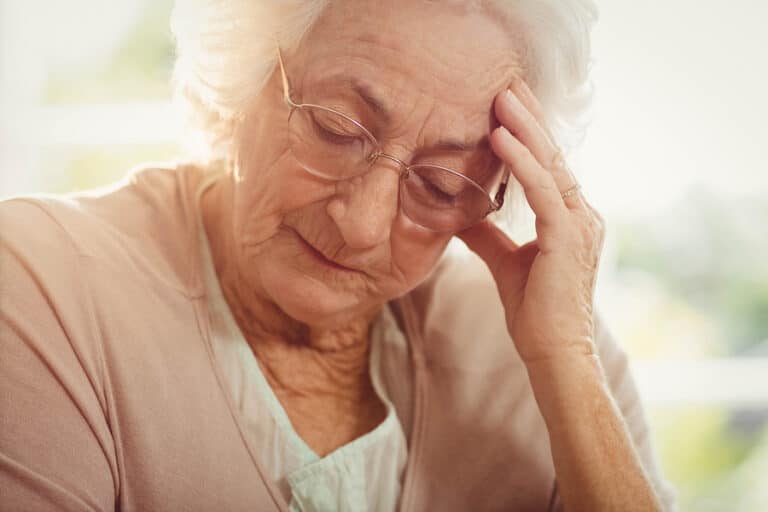When a person has a stroke, the blood supply to the brain gets suddenly blocked or stopped from reaching it. This event leads to the brain not getting the oxygen and nutrients it needs. Brain cells will begin to die within minutes of this event. If your elderly loved one recently had a stroke and is in the process of recovering from the health consequences of this serious health issue, you need to be prepared for all of the areas of the body and mind that may need rehabilitation. Having services from stroke care at home providers could help with this rehabilitation.
Stroke recovery is often a long road for the person who had the stroke and his caregivers, but it’s also one that can be successfully traveled with better days waiting.
How a Stroke Can Affect Cognitive Abilities
After a stroke, it is common that a person’s ability to use his brain may be changed. There can be struggles with memory, problem-solving, organizing thoughts, and other issues. Stroke survivors with cognitive impairment may feel frustrated and angry as they cannot organize their thoughts and they may take actions that seem unreasonable to others. Your loved one will likely need help in completing some everyday tasks like paying bills, reading, and even following a recipe. His concentration can be easily interrupted, making completely a small task seem overwhelming.
What Do Concentration Issues Look Like for a Stroke Victim?
In the early recovery period, concentration can be especially difficult for your loved one. When a person needs to concentrate, they need the ability to shut out both external and internal interruptions. Some people can concentrate with a lot of noise and activity around them and others need quiet and stillness to concentrate. After a stroke, the ability to shut out those interruptions may be a struggle for your loved one.
Five Signs of Concentration Issues
- Difficulty reading a book or watching a show.
- Problems with finding needed items in a busy environment like a store.
- An inability to multi-task in even the most simple way like talking and pouring a bowl of cereal.
- Struggling to follow a list of tasks or rules for an activity.
- Frustrations when interrupted due to the inability to remember where he left off before he was interrupted.

Relearning Concentration during Stroke Care at Home
Your loved one will need rehabilitation for any areas of his mind or body that need to be retrained on tasks that he used to do naturally. If concentration is an issue, he will need to relearn how to help his brain stay focused. You may find yourself in a role of reminding him to remove distractions and to be patient with himself as he relearns how to concentrate.
It can also be helpful for your home care provider to assist with stroke care at home by supporting your loved one when he needs a bit more time to complete an activity. Your home care attendant can also assist with stroke care at home by removing distractions and providing gentle nudges while your loved one attempts a task. In addition to gentle nudges when someone is around, your provider can assist with stroke care at home by writing up simple instructions for tasks so your loved one can check each off as he completes it.
Together, with your team of care providers, your loved one will able to concentrate on the things that are important to them again.
If you or an aging loved one are considering Stroke Care at Home Services in Medfield MA, please get in touch with the caring staff at Care Resolutions, Inc. today. (508) 906-5572
CARE Resolutions, Inc. provides quality 24-Hour Home Care for seniors and families in Walpole, Dover, Wellesley, Framingham, Norfolk, Quincy, Weston, Medfield, Boston, Sherborn MA, and surrounding areas.
- Tips for Seniors Who Want to Try Social Media - April 7, 2025
- How Can Seniors Transition Home from the Hospital Smoothly? - March 19, 2025
- Can Seniors Get Fit and Stay Active with Chronic Health Issues? - March 6, 2025



